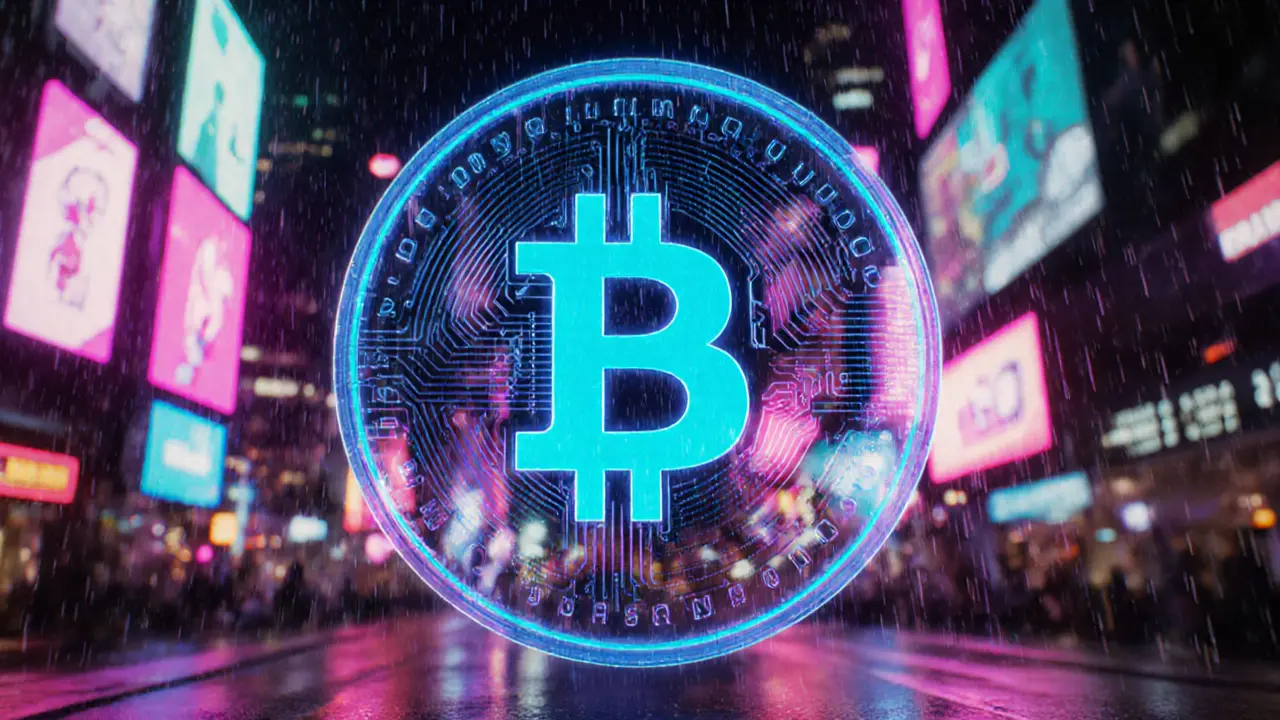Learn what Bomb Money's BSHARE token is, how it works in the three‑token system, staking steps, price reality, risks, and how to get started.
Crypto Governance Token: How Holders Shape Blockchain Protocols
When working with crypto governance token, a blockchain‑based asset that gives holders voting rights over protocol upgrades, fee structures, and other on‑chain decisions. Also known as governance token, it sits at the intersection of finance and decentralized governance, turning passive investors into active participants.
Why governance tokens matter
At the heart of many decentralized projects is a Decentralized Autonomous Organization (DAO), a member‑run entity that uses governance tokens to decide on budgets, projects, and rule changes. The DAO model relies on DeFi governance, the process by which decentralized finance protocols adjust parameters through token‑holder votes to stay flexible and community‑driven. Good tokenomics, the economic design of a token covering supply, distribution, and incentive mechanisms make sure voting power isn’t concentrated in a few wallets and that participants are rewarded for honest engagement. When a protocol wants to change its fee schedule, add a new feature, or shift its supply model, the proposal is submitted to the DAO, token‑holders cast their votes, and the smart contract enforces the outcome without a central authority. This loop of proposal‑vote‑execute creates a feedback system that can adapt quickly to market conditions, user demand, or security concerns, giving projects a competitive edge over rigid, centrally managed alternatives.

